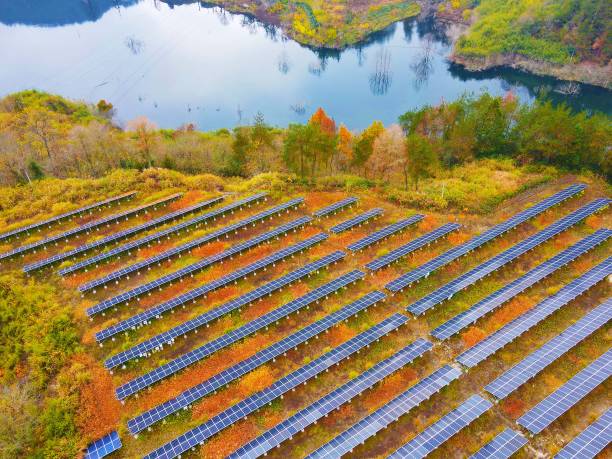The re-election of Donald Trump to the White House, should it occur, could pose challenges to climate action in the United States.
However, the broader international momentum for climate action remains firm, reflecting a global commitment to addressing climate change irrespective of U.S. leadership.
With the U.S. as the world’s largest economy and second-largest emitter, its participation in climate agreements like the Paris Agreement has historically been influential.
Still, climate action is evolving globally, making it increasingly difficult for any one country to halt progress.
Globally, renewable energy continues to flourish, spurred by the economic advantages of clean technologies.
Since the Paris Agreement in 2015, investment in clean energy has surged by 60%, now totaling nearly $2 trillion annually.
The U.S. alone added 560 gigawatts of renewable capacity in 2023, a record increase that underscores the unstoppable transition from fossil fuels to renewables.

This energy shift is largely irreversible, driven by cost-efficiency, technological advancements, and mounting climate impacts.
At home, the Inflation Reduction Act passed under Joe Biden, has catalyzed climate investments, creating jobs and boosting clean energy projects across the country, particularly in traditionally conservative states.
While initially passed without Republican support, the act’s benefits have garnered bipartisan recognition.
The impacts of climate change in the U.S.—from wildfires in California to supercharged hurricanes along the Gulf Coast—only reinforce the urgency of addressing climate risks, with most Americans recognizing the serious effects of a changing climate.
Internationally, major economies such as China and the European Union are advancing climate agendas independent of U.S. policy shifts.
Australia, which faces immediate climate impacts, can lead efforts to sustain international climate action and foster cooperation.
As COP29 approaches, continued global commitment and leadership are essential to drive ambitious climate solutions forward.

